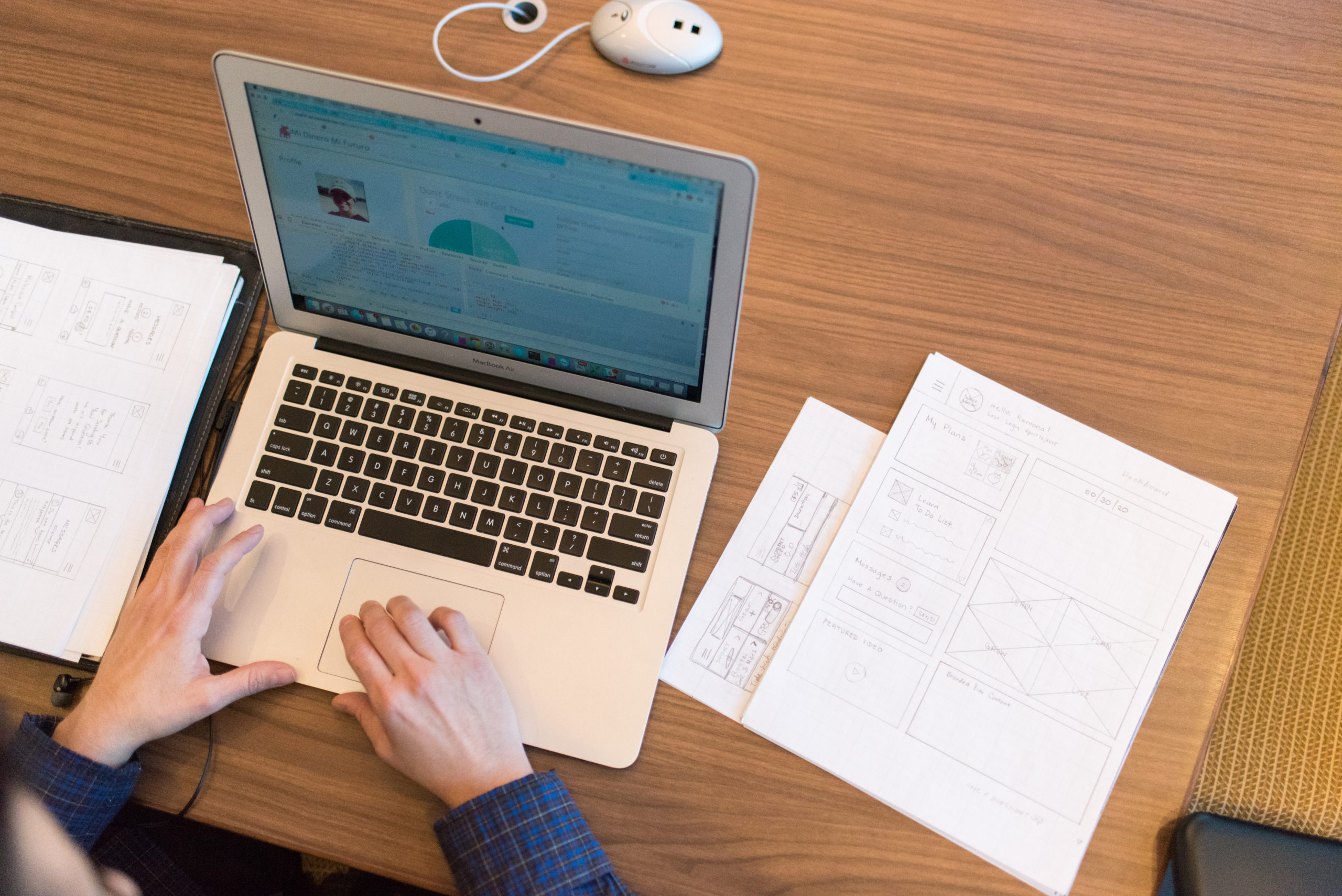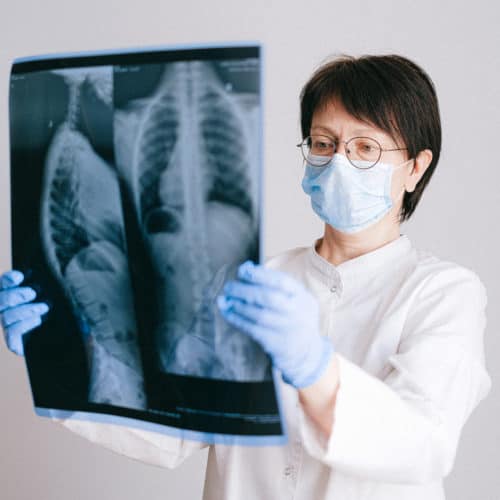
Whether you’re a high school/college student seeking a research position or a graduate student searching for a thesis lab, sending that email can feel intimidating. Sometimes the mere thought of rejection stops us from hitting the “Send” button. I’ve certainly been there before and want to share some tips and email templates that have worked for me and will hopefully help you get that research position.
I’ve organized these templates based on emails by experience level.
No prior research experience:
It helps to have research experience but if you don’t, then don’t fret. After all, everyone had to start with securing their first research experience somehow. We did it and you can too.
Notice in these emails that I am making sure that I align my research interests with that in the lab – this will be a good signal that it can be a good match. Furthermore, I attach a resume and transcript to the email.
Example #1:
Subject Title: Injury from ___ Student
Message:
Dear [Professor]
I am writing to inquire about potential research opportunities in your lab. I am a [year in school] intending to pursue [academic or professional interests in the future or college major]. I am specifically interested in your research on [research topic]. I am fascinated by your lab’s [research topic] and was deeply interested in reading your [year] article on [topic]. I am available this [fall/spring/summer] if you have openings in your lab.
I’ve included my transcript and resume, attached to this email.
Please let me know if I can schedule a time to speak with you.
Very best wishes,
XXX
Example #2:
For this example, I’ve filled in the details!
Dear Dr. Don,
I am a Freshman at X university and recently declared my major in biology. I am writing out of interest in your research on stem cells and their application to address ALS. I was very excited to read about your work on patient-derived stem cells in the 2014 article.
I am eager to pursue graduate school after college and focus my efforts on investigating neurodegenerative diseases. As I move toward my sophomore year, I am hoping to delve into neurological research. I have done well in the biology coursework that I believe will position me well for more depth work in the lab. Do you have any research lab opportunities for a student like me over the summer or the following academic year?
I have attached my resume and transcript and would be delighted to talk with you if an opportunity for me might exist. I hope to hear from you soon!
Best,
XXX

Prior Research experience:
This template that I’ve provided was sent by me when I had just been accepted to my institution’s MD/Ph.D. program and I had yet stepped foot onto the campus. In search of a lab to rotate in, I contacted this professor with this email. I am currently a Ph.D. student in this lab.
Subject Title: Injury from an Accepted MD/Ph.D. Student
Message:
Dear Dr. [Professor],
My name is [name], and I am an [year] at [X] University. I had the immense privilege of being accepted to the MD/Ph.D. program at [institution]. I am fascinated by your lab’s exciting clinical interconnections, with research in [topic] and the relationship between [topic] and the [topic].
I was wondering if you were taking a rotation student over this summer. I have wanted to do [topic] research ever since I [experience], which led me to grow my love for [topic] for my honors thesis. It would be an immense privilege to formally explore the exciting realm of [topic] for a thesis project and to train in your laboratory.
I had the good fortune of starting research during high school at [school name], which led to 4 years of research experiences during college, as well as a publication and a manuscript under submission. My research experiences include an honors thesis in a microbiology laboratory and projects in pathology and biochemistry labs. Through a fellowship, I also enjoyed the opportunity to conduct [topic] research at [institution]. I have attached my resume to this email. Please let me know if there is any other information that I could provide.
I greatly appreciate the time that you have taken out of your busy day to give consideration to my inquiry. I look forward to growing academically and intellectually in the [institution]’s community.
Best Regards,
XXX

Timing
Another strategy is to use the “schedule” function in Gmail to send your email early in the weekday morning so that your email is more likely to be at the top of their inbox when they check it.
Once you hit that email, here’s a couple of next steps:
1. Start researching other labs you’d like to join – sending out emails and getting a response can feel a lot like fishing; PIs are busy people after all and their email inboxes may already be flooded with a bunch of requests for research opportunities. It can be a bit of a numbers game. If you don’t get a response, that’s okay.
2. Following up – after a week or so, if the PI has not responded then send a follow-up email


